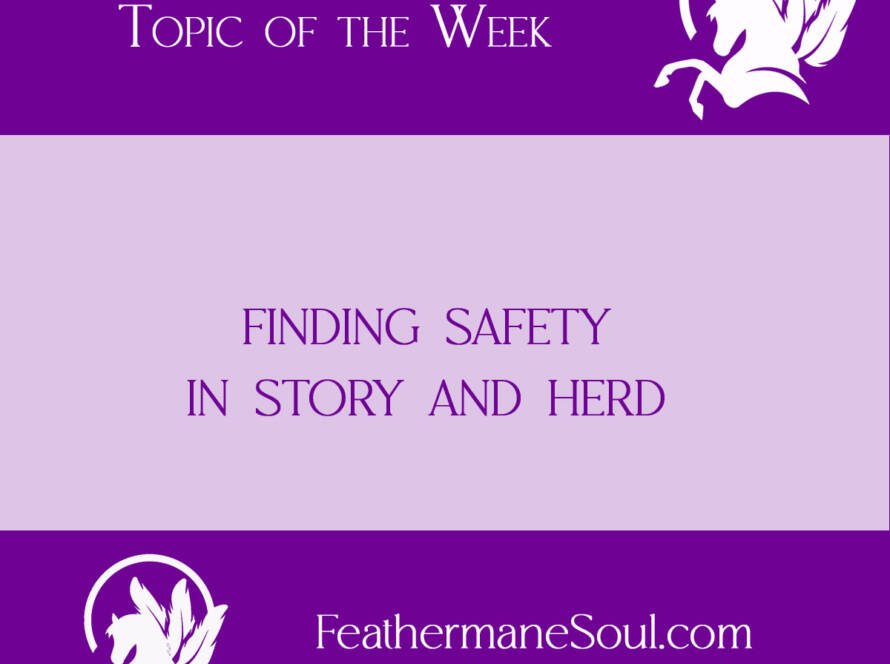Within the neurodivergent community there is a lot of talk about high support and low support needs with the implication that there is a hierarchy of severity for neurodivergent brains, rather than a broad spectrum. I’ve made it clear I’m not a fan of the high support-low support dichotomy. It further alienates those who were late diagnosed and who could have used support, but appeared to be “making it” so that no one questioned whether they needed help. It’s also true that the people who are often called “low support” don’t know that they need support or what kind of support could help them. This point was brought home by a member of the sacred herd.
In horse terms an easy keeper is a horse that holds its weight well, and indeed is prone to gaining weight, and doesn’t need much maintenance. Horse owners like “easy keepers” because it means they don’t need to worry too much about a horse losing weight or needing a lot of supplements. The parallels between an easy keeper horse and a neurodivergent person who is perceived as needing lower support levels or none at all is very clear.
My big goofy gelding who is an extra easy keeper has developed sarcoids. These are wart-like growths that are caused by a bovine papilloma virus. Fortunately they are not in an area that’s exceptionally bothersome. I have been treating him with an immune supplement and some cream to clear them up, and I am seeing improvement. But what this has told me was that easy keepers need support too.
Whether it’s an easy keeper horse or someone who is seen as “having it all together” or whatever phrase you wish to use, it’s important to remember that just because you don’t see the struggle doesn’t mean that it’s real. It also means we need to pay attention to those in our lives who seem to take care of themselves. It could be that they are hiding their issues, and it’s up to us to be proactive to take steps to provide the care that’s needed.
An easy keeper horse can be prone to health conditions like insulin resistance, and I think this is akin to how those perceived as having low support needs can be in burnout, and continue working and dealing with it because they have no other choice, and still not be seen as needing help. Burnout is the body’s way of telling us that we’ve done too much, that we need support and help. But again, if you don’t know you’re neurodivergent or have lived without support for so long, it can be difficult to articulate the support you need.
What do easy keepers have to do with spirituality?
A lot of modern religious beliefs centers around the individual’s ability to find salvation. Most Protestant Christianity, for example, focuses on an individual’s ability to be saved, and depending on the denomination, financial situation, social class, or even how much they struggle can indicate whether a person is saved or not. Focusing on non-attachment to the exclusion of all else means that the individual is often blamed for being to attached to outcomes or to situations to be relieved of them.
And if your spirituality doesn’t have you checking in with those you care about and your spiritual community (not to mention those outside of it) then you could be missing an opportunity to provide support and assuming those “easy keepers” among you are actually doing as well as you think.
The important takeaway here is that if someone doesn’t appear to be struggling, that doesn’t mean that they’re not, and we need to not take the “easy keepers” in our lives for granted.


